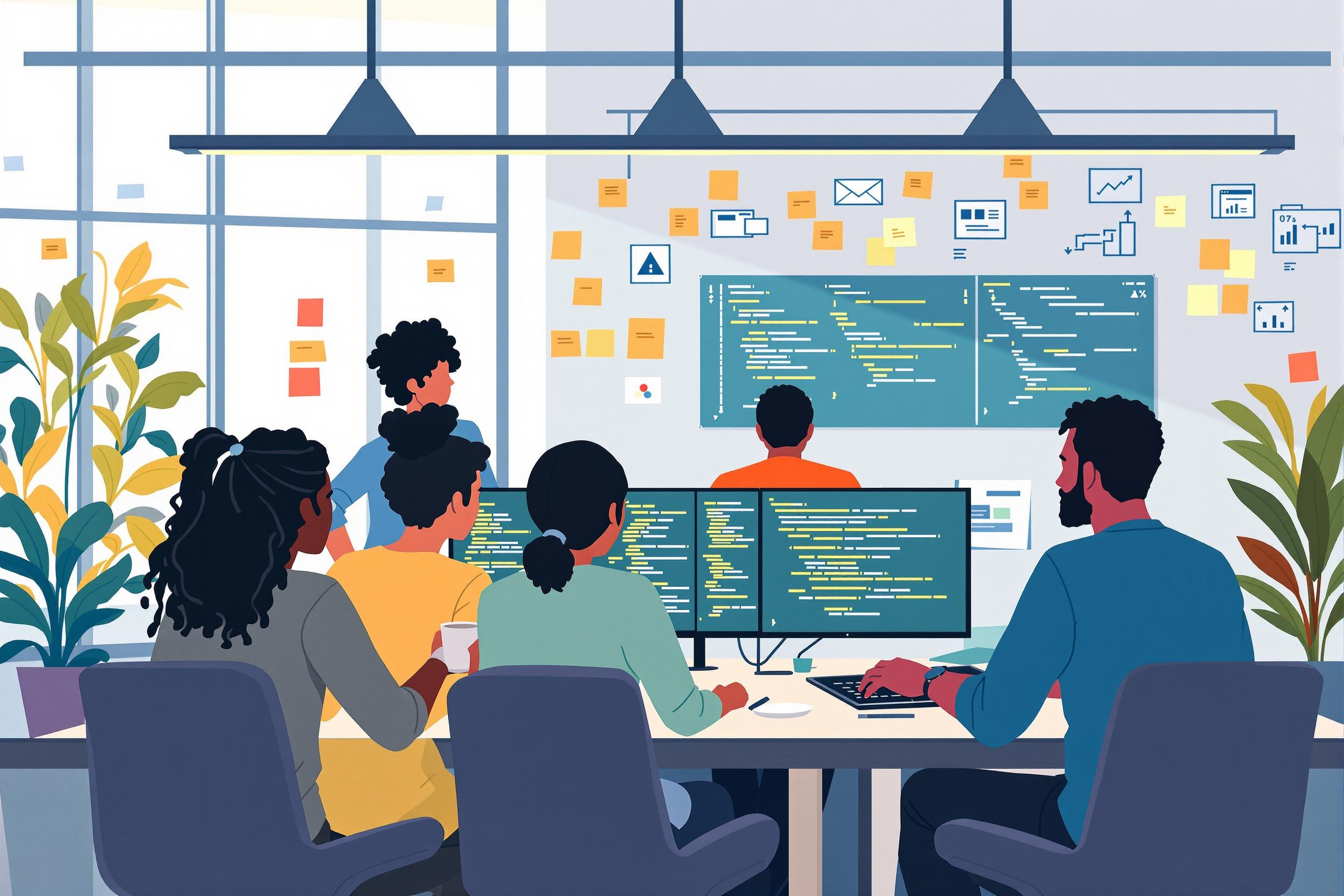
BIOS Programming
BIOS Programming involves working with the basic instructions that help a computer start up. Think of it as the most fundamental set of instructions that wakens a computer and gets it ready for use - like a morning routine for computers. This skill is particularly important in computer repair shops and electronics manufacturing, where technicians might need to update or fix these basic instructions to make computers work properly again. It's similar to working with a car's ignition system - it's the first thing that needs to work before anything else can function.
Examples in Resumes
Performed BIOS updates and troubleshooting on customer computers
Specialized in BIOS Programming and motherboard repair for gaming computers
Successfully resolved hardware issues through BIOS modifications and updates
Typical job title: "BIOS Technicians"
Also try searching for:
Where to Find BIOS Technicians
Online Forums
Professional Resources
Job Networks
Example Interview Questions
Senior Level Questions
Q: How would you handle a situation where a BIOS update fails mid-process?
Expected Answer: A senior technician should explain the recovery procedures like using emergency recovery tools, backup BIOS chips, or hardware programmers, and stress the importance of having backup plans before starting any BIOS update.
Q: What's your approach to training junior technicians about BIOS work?
Expected Answer: Should discuss creating safe practice environments, emphasizing safety procedures, and teaching diagnostic steps before allowing hands-on work with actual customer equipment.
Mid Level Questions
Q: What safety precautions do you take before starting BIOS work?
Expected Answer: Should mention backing up data, checking power supply stability, verifying correct BIOS version, and having recovery options ready.
Q: How do you determine if a problem is BIOS-related?
Expected Answer: Should explain the systematic approach to troubleshooting, starting with basic hardware checks and explaining how to identify BIOS-specific symptoms.
Junior Level Questions
Q: What is a BIOS and what does it do?
Expected Answer: Should be able to explain in simple terms that BIOS is the basic program that starts the computer and checks if all parts are working before the operating system begins.
Q: What basic tools do you need for BIOS work?
Expected Answer: Should list basic tools like bootable USB drives, BIOS update files, and recovery disks, showing understanding of fundamental repair equipment.
Experience Level Indicators
Junior (0-2 years)
- Basic BIOS updates
- Simple hardware troubleshooting
- Password resets
- Basic system configuration
Mid (2-5 years)
- Advanced troubleshooting
- BIOS recovery procedures
- Custom BIOS settings configuration
- Hardware compatibility verification
Senior (5+ years)
- Complex BIOS modifications
- Emergency recovery operations
- Team leadership and training
- Custom firmware development
Red Flags to Watch For
- No hands-on hardware repair experience
- Lack of safety awareness when handling computer components
- Unable to explain basic computer boot process
- No experience with different BIOS manufacturers
- Uncomfortable with customer communication
Need more hiring wisdom? Check these out...

Micro-Internships: The Game-Changer in Project-Based Learning

Resume Optimizations that Candidates Do to Get Past AI Hiring Filters

Navigating Compliance: Structuring On-the-Job Training in Regulated Industries

